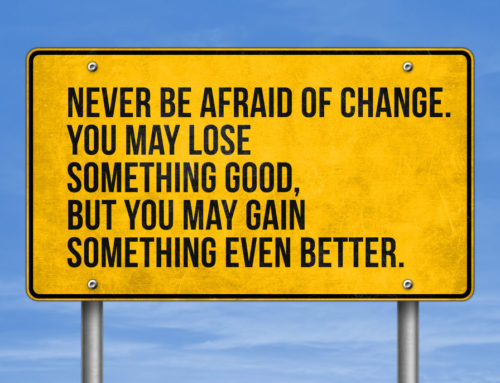Does your workplace have a high turnover and disengaged people? No-one speaking up in meetings? People being standoffish? Well, as the old adage goes, there’s no smoke without fire. Whilst everyone knows there are a lot of bad bosses out there, few people recognise themselves as one of them. So, is your leadership style inviting conflict unwittingly? And if so, what can you do about it? There is no “right” style of leadership, but the most powerful way to lead is when you are comfortable with who you are. Once you are, you will be naturally operating with integrity, whilst being both engaging and extremely efficient. And, best of all, it will be effortless.
Consequently, all that headspace taken up by trying to be the leader you think you should be will be freed up by you simply being yourself. Easier said than done, right? Most people at work have a clear idea of what being ‘professional’ looks like, you will no doubt have an idea of what being a good leader looks like. And no doubt even more clarity about a bad one.
 So what makes a leadership style invite conflict?
So what makes a leadership style invite conflict?
There are obvious ways of treating people that are likely to rile even the most affable person to become hostile in the workplace:
- Shutting down new ideas and different perspectives
- Not giving a clear direction or setting clear goals.
- Micro-management.
- Responding poorly to failure.
But, the single biggest factor that invites conflict is not what we do it’s how we are being with the people we work with. In the War to Peace® methodology, we refer to two ways of being – in the Green, when we are being ourselves, which is the best version we can be, and in the Red, which is when we are triggered into moving away from this.
How do I know when my leadership style is inviting conflict?
In our War to Peace® workshops, we help you to understand the ways we all invite conflict, even the subtle often unconscious ways we do this. We also demonstrate how we get locked in a spiral with people and invite from them the very behaviour we seek to change. We also show you how to break this cycle, and how to become the consistently effective and inspirational leader you long to be. You may recognise some of these signs of moving away from being clear-headed, decisive and effective:
- We justify our thoughts, feelings and actions. So our headspace is filled with explaining to ourselves (and others) why we said the things we did and took the action we took.
- We take personally the thing that was said to us, as though it was intended to provoke us.
- We blame for our actions, thoughts and feelings, subtly or otherwise, rather than taking full responsibility. This may include us self-flagellating, as well as blaming others.
- We exaggerate behaviour – theirs or ours – and find ourselves saying ‘always’ and ‘never’ with regards to actions and behaviour.
- We have to be right, so we spend our precious headspace gathering allies to prove that we are.
Time for a new way of being in the workplace?
The good news is that effective, authentic and effortless leadership can be learned. And so can effective navigation of any conflict, so that it results in creating a rich environment where different styles and opinions are welcomed, and your people are thriving. Incidentally, this is true of your conflicts and relationship difficulties at home, as well as at work.
Over to you
- When have you felt annoyance or anger towards someone in a leadership role? Think about their leadership style and what you didn’t like about it.
- Think about the last time you had to intervene in a conflict. What was it about how you showed up (rather than what you did) that was effective or didn’t work?
- Think about how you would like to be as a leader. What triggers you into moving away from that? Spend some time this week noticing the times you are moving away from your best self. This will help you redirect your attention towards what is within your control and what is outside of your control.
Do you know someone who could benefit from War to Peace®?
If you, or someone you know, would benefit from learning more about how to effectively manage conflict, and to become a consistently effective and authentic leader, War to Peace® workshops can be held in your workplace and away from it. Spaces for our next open-access course that anyone may attend can be booked here:
©Chloe O’Sullivan





Leave A Comment